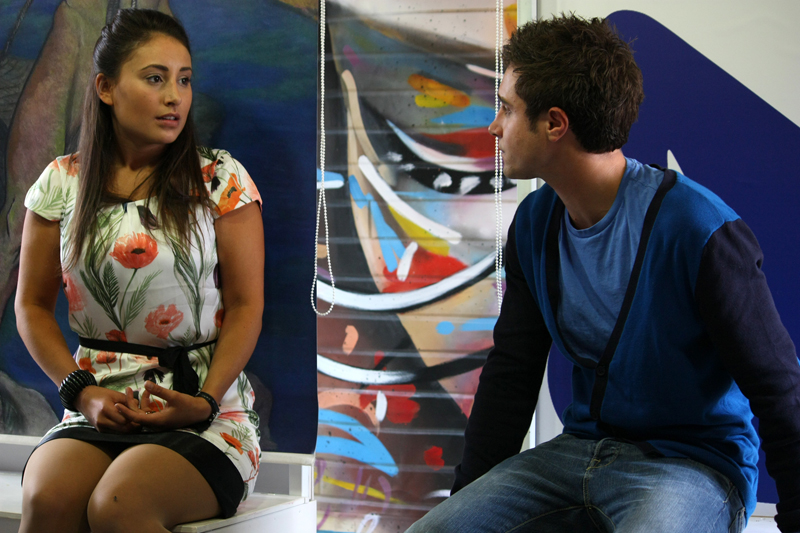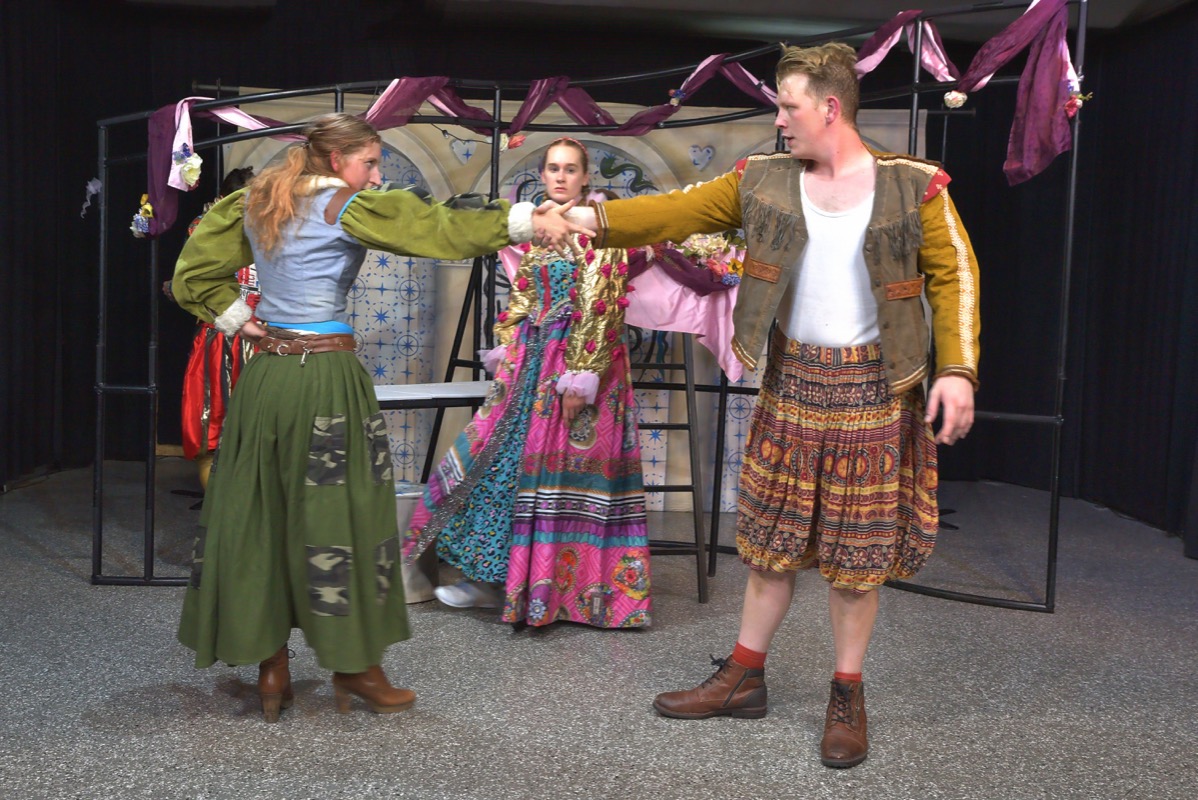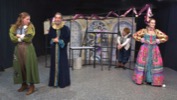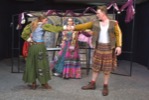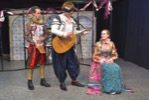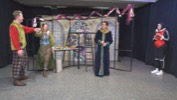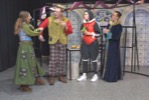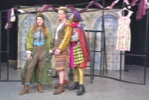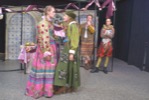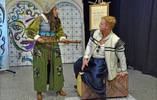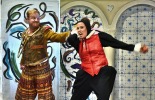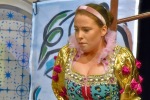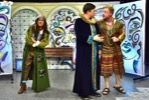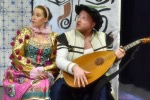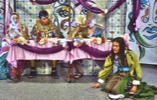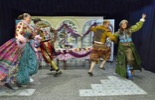by Neil LaBute
How far would you go for love? What price would you be willing to pay? In this new variation on the 'Pygmalion' theme, American author Neil LaBute examines the borderline between life and art, and the nature of love. This gripping and entertaining drama peels back the skin of a love-affair between two students, revealing the raw meat and gristle of the relationship.
Neil LaBute is America's most prominent contemporary dramatist, and his plays have been translated into many languages.
Photos of 'The Shape of Things'
Extract from the script 'The Shape of Things'
| Evelyn: | My graduate advisor gave me this advice five months ago... “Strive to make art, but change the world:” Pretty wise words, I thought, at the time, and so, being a good little student, that's what I set out to do. As I looked around my world for something to change, I knew I'd been given a tall order. “Change the world.” So, I decided to do the next best thing, which was change someone's world. I mean, that's a start, right? With that in mind, I present to you this, my newest work. It is a human sculpture on which I've worked these past eighteen weeks, and of whom I'm very proud. The piece itself – him – is untitled since I think, I hope, that it will mean something different to each of you and, frankly, anyone who sees it. On our first official encounter after he asked me out, I coaxed him into eating his first vegetarian meal. Well, as vegetarian as a spinach-and-mushroom calzone can be... Anyway, he told me that for him it was a huge deal and it does mark the beginning of my systematic makeover, or “sculpting”, if you will, of my two very pliable materials of choice: the human flesh and the human will. |




